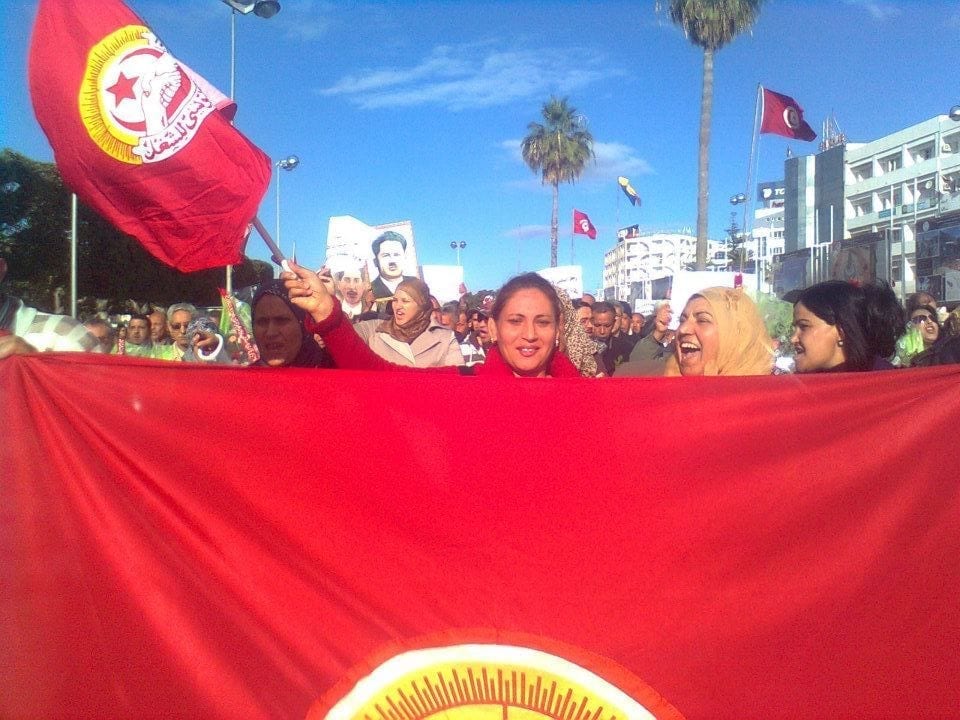For its role in brokering a peaceful path to democracy, Tunisia’s labor movement today was named a co-recipient of the Nobel Peace Prize.
The Nobel Committee recognized the Tunisian National Dialogue Quartet—comprised of longtime Solidarity Center ally the Tunisian General Labor Union (UGTT), the Tunisian Confederation of Industry, Trade and Handicrafts, the Tunisian Human Rights League and the Tunisian Order of Lawyers—for establishing “an alternative, peaceful political process at a time when the country was on the brink of civil war.”
The Quartet, formed in 2013, was “instrumental in enabling Tunisia, in the space of a few years, to establish a constitutional system of government guaranteeing fundamental rights for the entire population, irrespective of gender, political conviction or religious belief,” Nobel Committee Chairman Kaci Kullmann Five said at the presentation ceremony.
“This is a great joy and pride for Tunisia, but also a hope for the Arab World,” UGTT chief Houcine Abassi told Reuters. “It’s a message that dialogue can lead us on the right path. This prize is a message for our region to put down arms and sit and talk at the negotiation table.”
In 2012, the UGTT received the AFL-CIO’s 2012 George Meany-Lane Kirkland Human Rights Award along with the labor federation of Bahrain, the General Federation of Bahrain Trade Unions, for their mobilization of thousands of people in their countries to carry forward a message of social justice during the popular uprisings that swept the Middle East in 2010 and 2011.
This is the second year in a row that worker rights activists have been honored with a Nobel Peace Prize. Last year Kailash Satyarthi, head of the Global March against Child Labor, also a Solidarity Center ally, shared the prize with girls’ education activist Malala Yousafzai.

